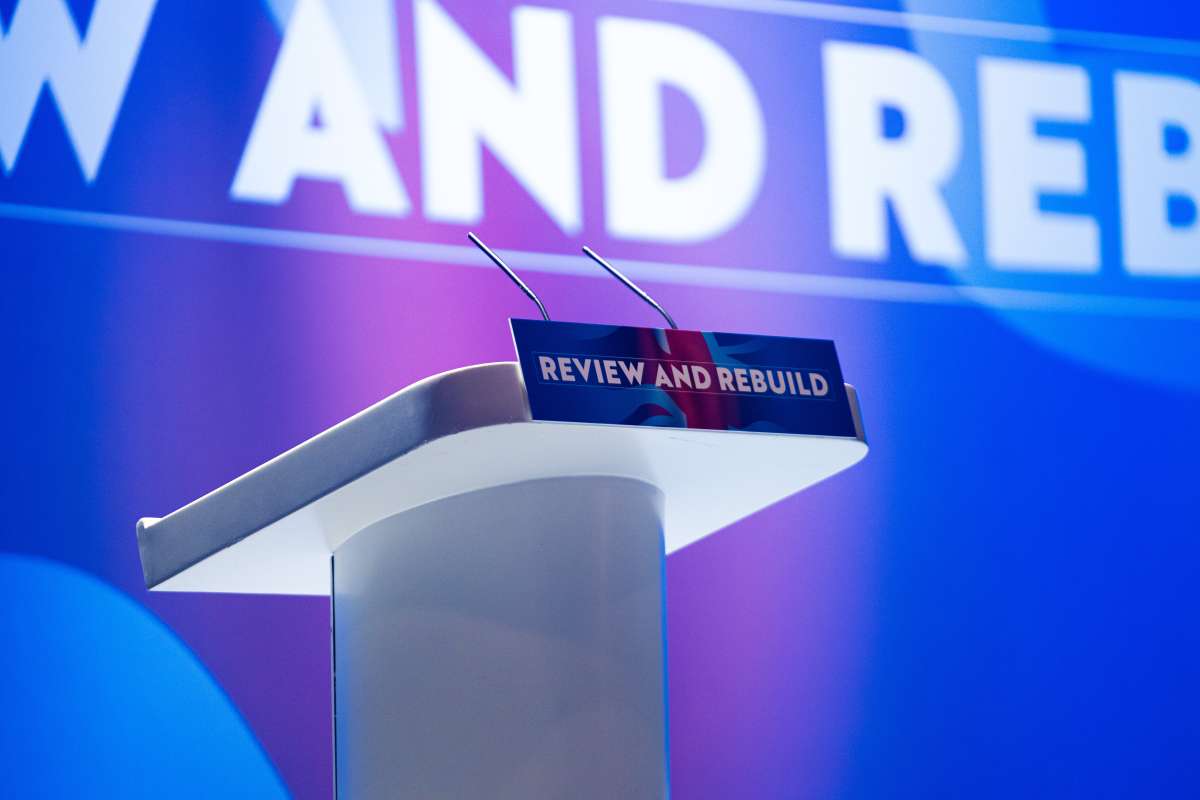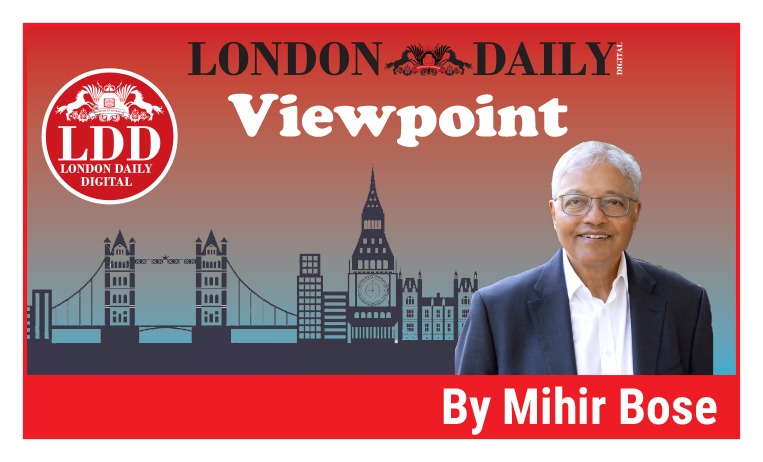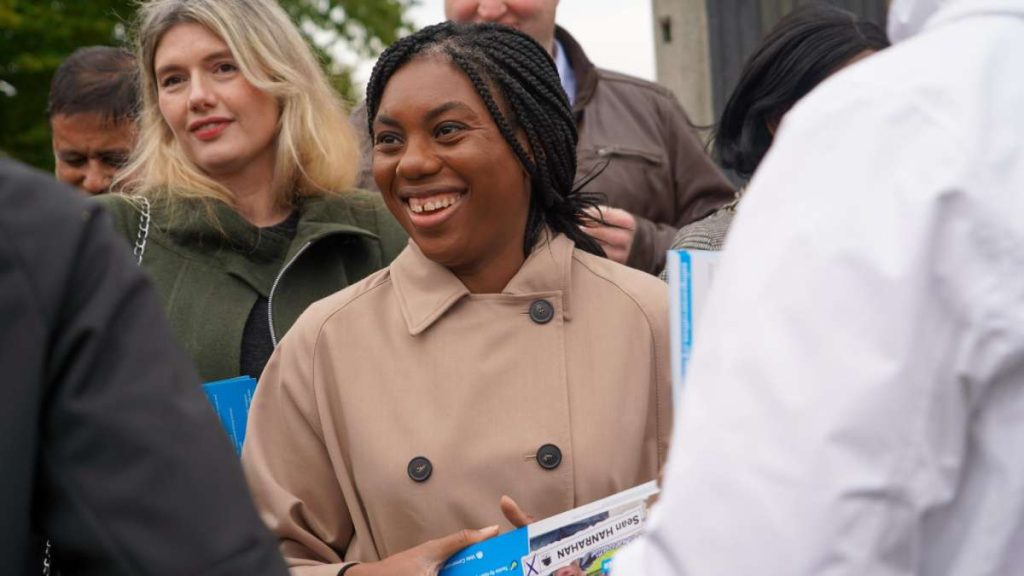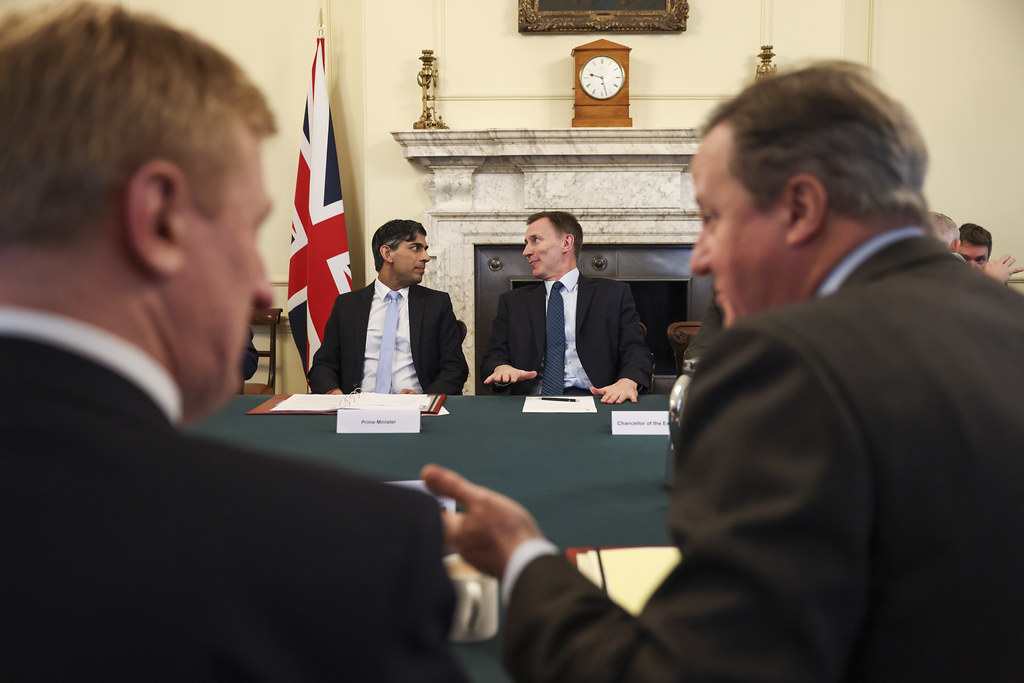The choice of either Robert Jenrick or Kemi Badenoch could prove that those predicting doom may not be wrong, writes Mihir Bose
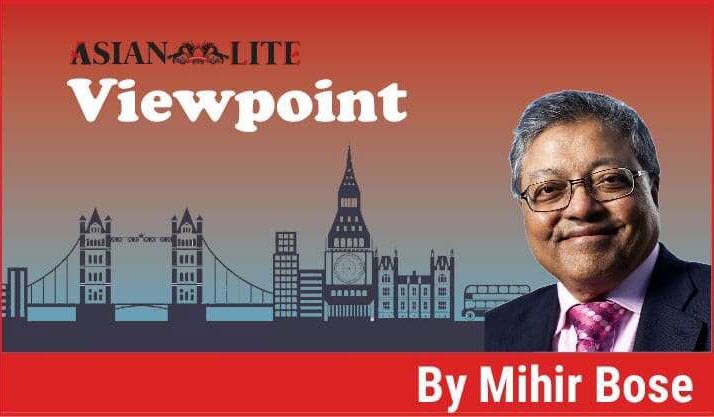
The choice of Tory MPs to make the Tory leadership race one between Kemi Badenoch and Robert Jenrick could make the Tories like the Republicans in the US or right-wing parties of Europe.
Donald Trump may win power but his Republican party is so far removed from the country club Republican party that has dominated American politics that many of the old Republicans are voting for Kamala Harris. On the continent the traditional right-wing parties have been even more marginalised.
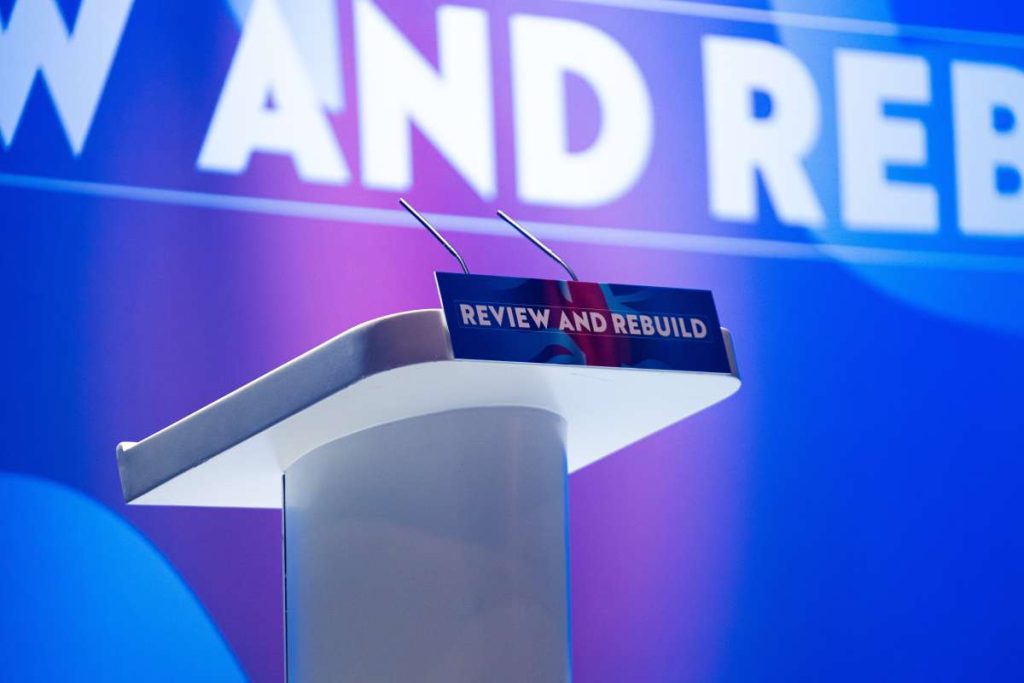
However, to write of the Tories always seems a bit premature. In 1997 after Tony Blair’s victory Geoffrey Wheatcroft wrote The Strange Death of Tory England taking his cue from a famous book written in 1935, The Strange Death of Liberal England by George Dangerfield. That book was prophetic because the Liberals as a party of government did disappear and have only been in power once as a junior coalition partner of David Cameron’s first government. Even that proved such a disaster that they were nearly wiped out in the next elections. The Conservatives, in contrast, not only survived the Blair wave but returned to power with such vengeance that it has taken Labour fourteen years to regain power.
But the choice of either Jenrick or Badenoch could prove that those predicting doom may not be wrong.
Jenrick is clearly going for the anti-immigrant vote but while this has appeal elections are decided by how people see governments perform in delivering on the economy, NHS, welfare, public services.
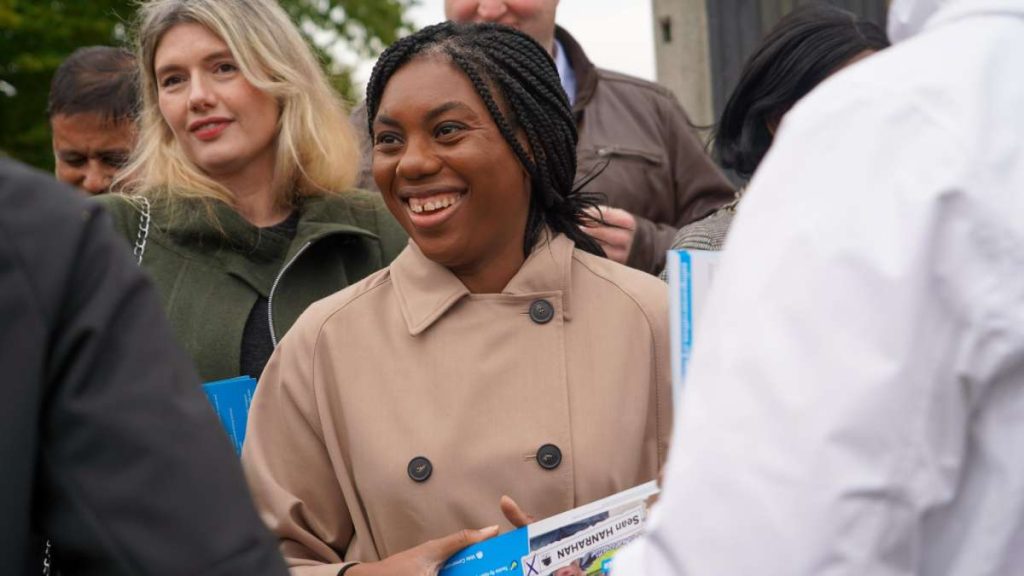
Badenoch’s decision is to fight the culture wars. Culture war has taken over from political correctness as another word that conceals its true meaning. Some years ago when Calcutta became Kolkata and Bombay, Mumbai people said this was political correctness. I pointed out Bengalis had always pronounced Calcutta as Kolkata and Mumbai was the name the Kohli fisherman called the city. There is after all a great temple in Mumbai called Mumbadevi. I grew up in Mumbai hearing Maharashtrian demonstrators going down Flora Fountain shouting Mumbai Amachi, Mumbai is ours, demanding the creation of the state of Maharashtra. Indeed during one demonstration outside our house I saw the police fire on a crowd and kill a boy, I remember his body naked to the waist bathed in red blood, the first dead body I had seen. Culture wars, like political correctness, are polite words meant to say how dare you interfere with the world our European ancestors created?
Badenoch, of Nigerian origin, was born here but lived in Nigeria as a child and told the Times that her upbringing in Nigeria showed her the danger of identity politics. “Human beings will always find a difference. I grew up in a place where everybody was black, but there were different languages, there were different cultures. And you still had the same sort of vicious hatred for people who looked exactly the same, but they might dress differently or have a different religion”. Countries need a “dominant shared identity”. In the UK you had to be British. “Watering that down and encouraging everybody to find a way to split into different groups is actually quite dangerous. And I’ve seen more and more of that happening here in a way it wasn’t 30 years ago”
What she did not say was that Nigeria was created by British colonial rulers when Africa was described as the dark continent which had no history before the Europeans arrived with their civilising mission. Not to acknowledge that history means a vital part of British history is being censored constructing a sham Britishness.
This is, of course ,a pan-European thing and is well demonstrated in the whole debate about the environment. It is wonderfully analysed by the historian Sunil Amrith in The Burning Earth (Allen Lane £30) which looks at the environmental history of the last 500 years but reinterprets a history previously been seen from a Euro and anthropocentric viewpoint into a global viewpoint.
The Chinese in the 15th century then the mightiest power did not want to expand and paid the price when the Europeans came knocking on their doors. There is the story of Madeira the Atlantic island which became the largest producer of sugar in the world just as 12.5 million humans were enslaved and transported across the Atlantic between 1492 and 1866. In Madeira vast expansive land was turned over to growing a single crop. “There was nothing unprecedented in the speed with which the forest of Madeira were razed by the new settlers. “To exhaust the land” was the imperative of Chinese provincial governors in Ming and Quing times. But their aim was always to secure food for a growing population. Investors in Portuguese sugar ventures wanted something else- they wanted to extract the maximum profit in the shortest time”.

He also links the British bringing railways to India, something the British are very proud of, with even more famines taking place because the railways constructed to transport British troops did not reach remote areas. In the 1970s India’s National Sample Survey found that still 72% of all journeys in rural India were made on foot. The British absolved themselves of any responsibility for the famines blaming it on Indian society and even today cannot accept any blame for the second world war famine that killed three million Bengalis in the worst 20th century famine in south Asian history.
But I do not suppose Badenoch would read it as it would not help promote her idea of Britishness which she hopes will win her power. Should the Tories buy her very selective view of Britishness this time they could become marginalised.
Mihir Bose is the author of Thank You Mr Crombie Lessons in Guilt and Gratitude to the British.
ALSO READ: UK Govt to outline overhaul of workers’ rights
ALSO READ: UK sanctions Russian troops deploying chemical weapons


